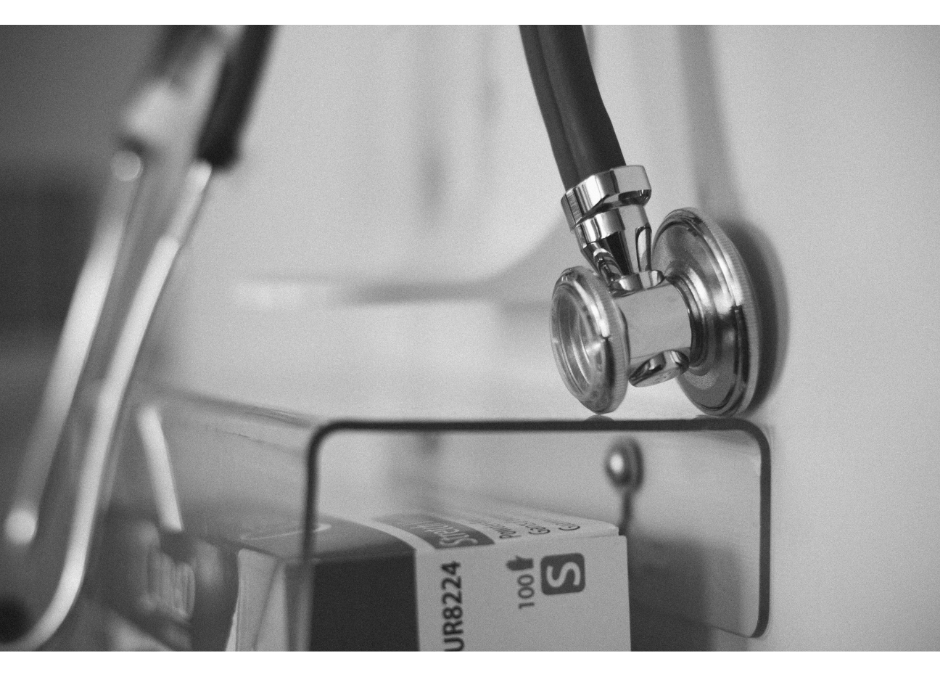Midwives and physicians are facing major challenges during the pandemic, often being stretched to the breaking point. How many medical specialists do you think are on the verge of burnout because of extra stress? According to a study done by UBC researchers, “two-thirds of midwives say their workload has increased due to the pandemic. 77% are feeling burnt out compared to 45% who felt the same way in 2017. One in Five midwives say they’re actively taking steps towards leaving the profession.”
What about our physicians?
According to a survey of Vancouver based physicians, Dr. Nadia Khan, UBC’s general internal medical professor notes that 68% of doctors reported burnout. “20% of surveyed physicians were considering quitting the profession or had already quit.” She also notes that physicians have one of the highest suicide rates of any profession.
Every day, medical professionals are required to make many decisions, sometimes under immense pressure. These decisions impact their personal health, their patients, colleagues and family. Due to the nature of their work, physicians and midwives often prioritize others needs above their own. Taken to the extreme, some MD’s have told me that’s why they rarely sit down to eat a home cooked meal or make time for friendships. From personal experience and over a decade of coaching healthcare leaders, I’ve learned that ignoring your own needs only results in personal dissatisfaction and burnout.
So what can you do if you’re a medical professional in this situation?
Strategies to protect yourself from burnout and ensure quality patient care:
- Remember that you matter and are equally important. In a profession where everyone else’s needs come first, it’s easy to forget your own. When this happens, you get out of touch with what makes you feel good. You can start experiencing health issues, relational and spiritual poverty. So be kind to yourself and treat yourself with respect. Develop daily non negotiable that make you feel energized, connected, positive and calm.
- Be more concerned with liking yourself than being liked by others. You can get better and more comfortable dissapointing the right people. When making decisions, ask yourself, “Am I trying to be liked? Am I trying to keep the peace? Or am I being honest with myself and staying true to my values?”
- Create realistic expectations. You’re a human with limits like the rest of us. Some days you have more energy and support. Some days you don’t. Cut yourself some slack.
- Acknowledge how much you do accomplish in a day. Focussing on what you didn’t accomplish leads to lowered levels of self esteem. Instead, write a ‘done’ list. Include personally important accomplishments as well, like spending 1-1 time with your child or making time for exercise. Acknowledging yourself helps you remember you’re making progress and are on track.
- Assume less. Communicate More. What if your assumptions were off? Practice opening up and trusting others more so you can create mutual understanding, closer relationships and more support.
- Be open to collaboration. This step requires you to release your grip on control. Yes, you are great at what you do. You have years of training and experience. Consider this for a moment though. What if someone else could share the load and help patients receive even better care?
- Ask for support. What if that person wouldn’t mind helping you at all and they don’t think you’re a bother? Ask like you’re worth it. Ask like you’re important too. Remember, no one can read your mind and just because you can do the work doesn’t mean you should. I know you’re amazing and all but you deserve a better quality of life.
- Avoid overcommitting. If you say yes when you’d rather say no, you’re acting out of integrity. Let your yes be yes and no be no. Clarity is kindness. People can trust you more when you don’t overcommit.
- Make time to plan. Research says that 10 minutes of planning saves you an hour of time. When you think of making time to plan, you notice a warning pop up in your head. It could sound like this, “Planning isn’t a productive use of time. Use your time to get things done.” If that’s an all too familiar voice, I want you to remind yourself that planning saves you time and being still can be quite productive.
- Define your boundaries. Decide when you’ll stop working at the office and how much work you’ll do at home. No one else can draw the line for you.
The future health of your patients depends on how proactive you are about ensuring your own happiness and health. Plan ahead, because you matter too.
Amy Englemark is a speaker, writer and coach to physicians and business leaders craving more balance, happiness and health. She can be reached at Coacha@amyenglemark.com

